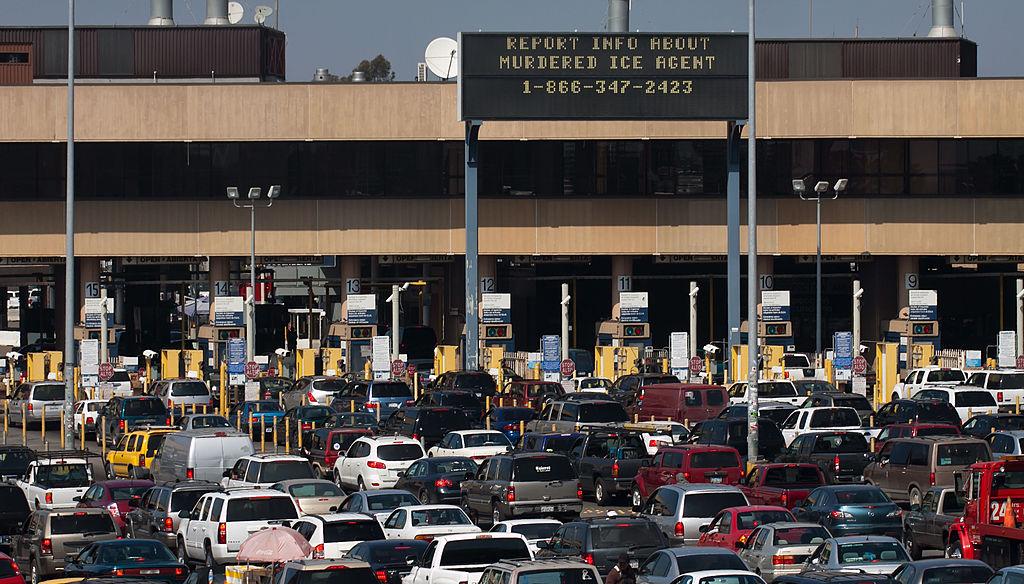The Department of Justice (DOJ) has appealed a ruling by a federal judge that blocked the Biden administration from continuing some of its immigration policies to curb illegal immigration.
Department of Homeland Security Secretary Alejandro Mayorkas, in a statement after the July 25 ruling by U.S. District Judge Jon Tigar, an appointee of President Barack Obama, said the DOJ would “quickly appeal this decision and seek a stay pending appeal.”





